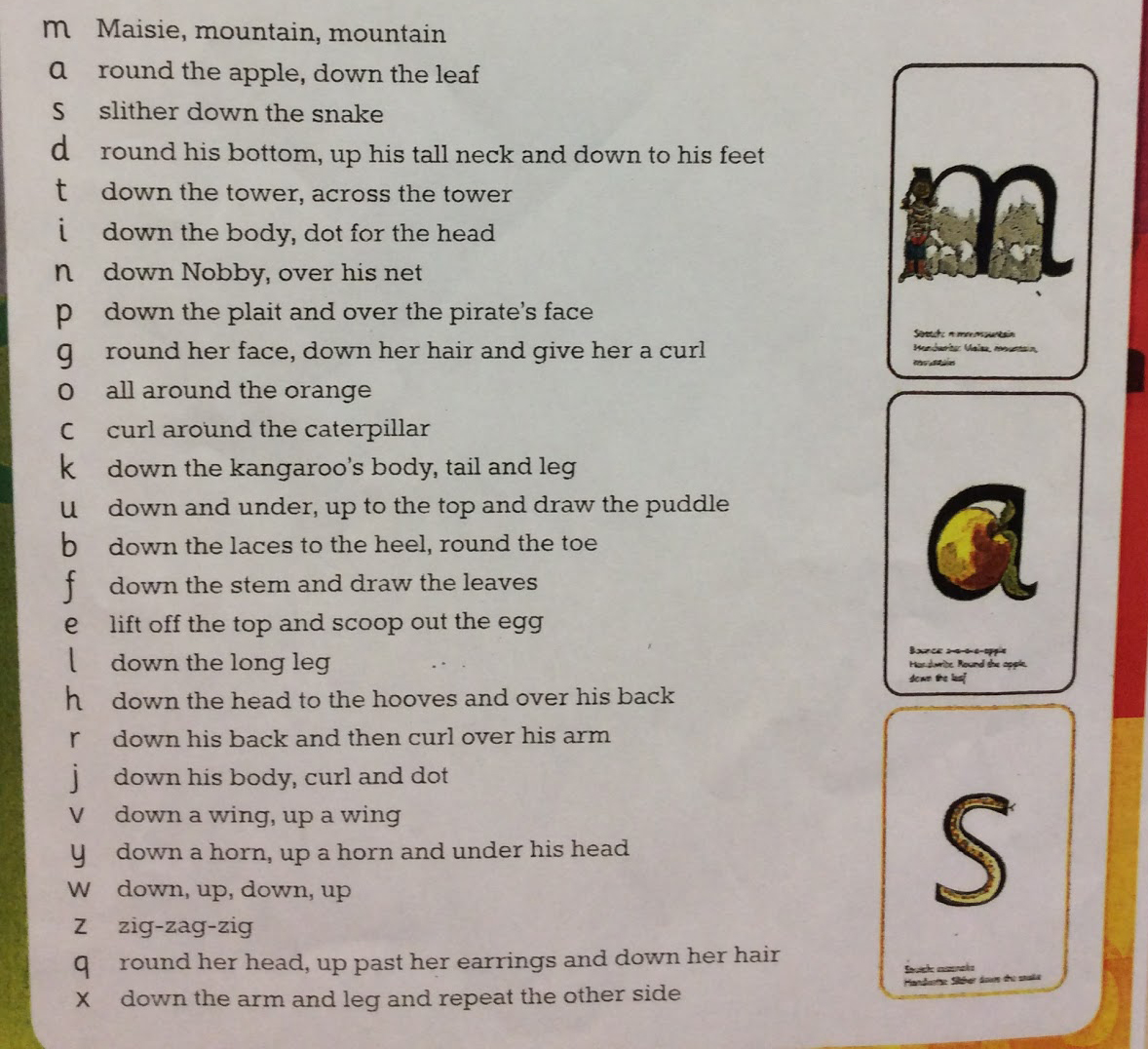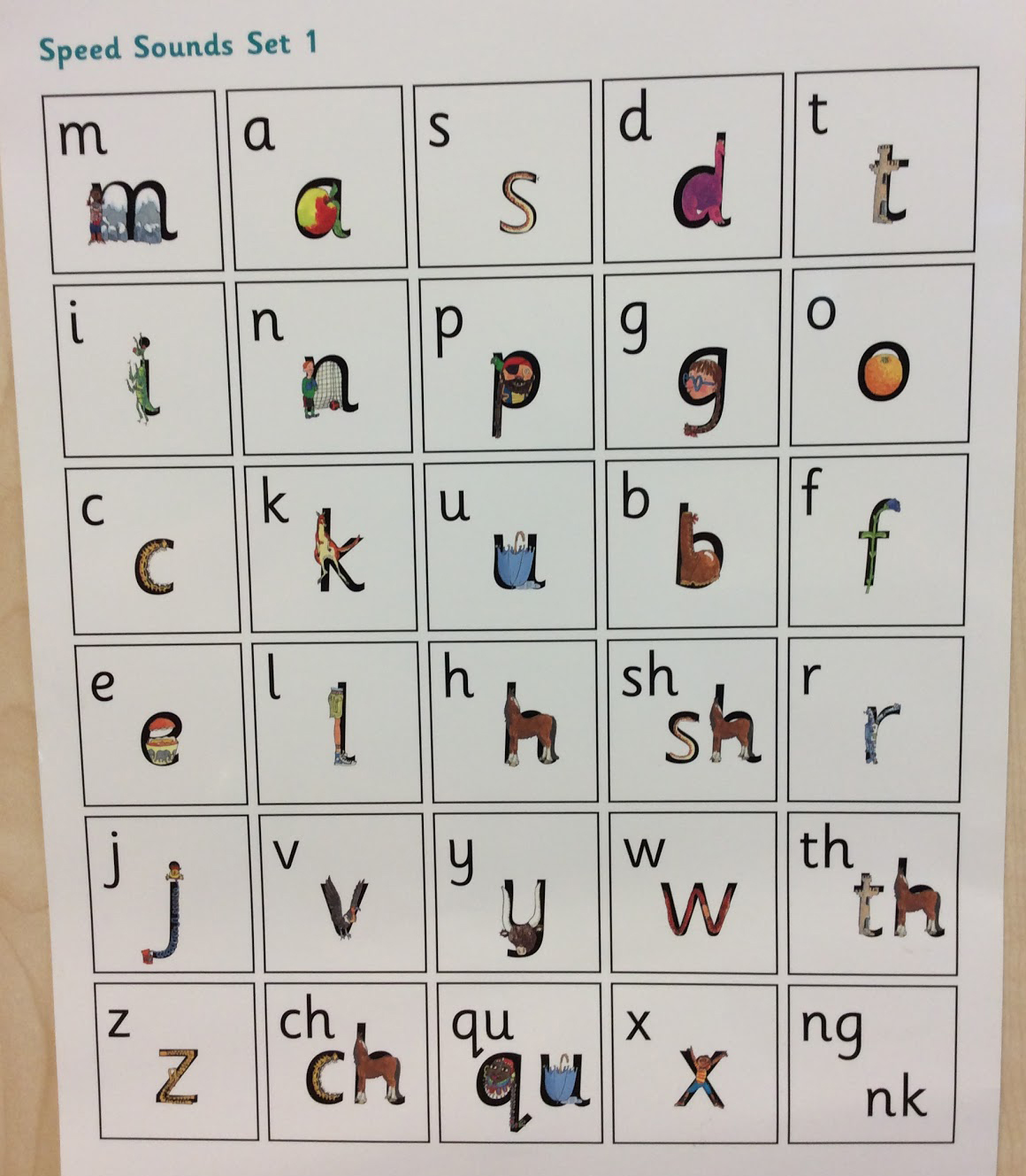What is Read Write Inc?
Read Write Inc (RWI) is a complete phonics and literacy programme which helps all children learn to read fluently and at speed so they can focus on developing their skills in comprehension, vocabulary and spelling. The programme is designed for children aged 4-7. However, at BGA we begin the programme in Nursery and will continue teaching RWI to children beyond the age of 7 if they still need support in their reading.
RWI was developed by Ruth Miskin and more information on this can be found at https://ruthmiskin.com/en/find-out-more/parents/
Here at Gateway Academy we use Read Write Inc Phonics to give your child the best possible start with their reading and literacy. This page will give you an insight into the world of RWI along with some useful links for you at home.
Teaching Read Write Inc-
Firstly your child will learn a small group of sounds associated with written letters.
For example ‘a’ makes an ahh sound and ‘t’ makes a ttt sound.
Once they have been taught a group of sounds they will be taught to blend these sounds together to read a word. For example s~a~t. All children are assessed regularly by our RWI lead teacher so they work with children at the same level.
Nursery
When appropriate our Nursery teacher will begin to introduce the first initial sounds in a short 5 minutes lesson. The Nursery children will also be exposed to oral blending where the adult will sound out words s-a-t to see if the children can put the sounds together and say the word.
The children do this with the help of Fred! Meet Fred! (right)
At school we use this little guy called Fred who is an expert on sounding out words! we call it, ‘Fred Talk’. E.g. m-o-p, c-a-t, m-a-n, sh-o-p, b-l-a-ck.
Reception
In Reception children will begin to learn how to ‘read’ the sounds in words and how those sounds can be written down. They will then be taught how to put sounds together to read words.
There are 26 letters in the alphabet but there are 44 sounds in the English language.
Some sounds are made using pairs of letters which are called digraphs and some are made using 3 letters which are called trigraphs.
Here is a link below to hear the sounds.
https://www.youtube.com/watch?time_continue=5&v=UCI2mu7URBc&feature=emb_logo
Year One / Year Two
Children will begin to work on more complex vowel sounds and read books appropriate to their reading level.
Our daily sessions of RWI phonics last for 45 minutes each morning. Once children become fluent speedy readers they will move on to reading books in their sessions and discussing the texts.
These books are some of the texts that your children will explore while learning to read fluently.
There are five main principles used when teaching Read write inc.
Purpose – know the purpose of every activity and share it with the children, so they know the one thing they should be thinking about
Participation – ensure every child participates throughout the lesson. Partnership work is fundamental to learning
Praise – ensure children are praised for effort and learning, not ability
Pace – teach at an effective pace and devote every moment to teaching and learning
Passion – be passionate about teaching so children can be engaged emotionally.
The following video is an example of blending sounds with Fred: https://www.youtube.com/watch?v=dEzfpod5w_Q
The children are taught the sounds in 3 sets.
Set 1 Sounds are taught in the following order together with rhymes to help children form the letters correctly and instantly recognise sounds ready for blending.
Speed sounds set 1 - picture view below
Step 2:
The children are then taught Set 2 Sounds - the long vowels. When they are very confident with all of set 1 and 2 they are taught Set 3 Sounds.
|
Long vowel sound |
Set 2 Speed Sound cards Teach these first |
Set 3 Speed Sound cards |
|
|
ay |
ay: may I play |
a-e: make a cake |
ai: snail in the rain |
|
ee |
ee: what can you see |
ea: cup of tea |
e: he me we she be |
|
igh |
igh: fly high |
i-e: nice smile |
|
|
ow |
ow: blow the snow |
o-e: phone home |
ao: goat in a boat |
|
oo |
oo: poo at the zoo |
u-e: huge brute |
ew: chew the stew |
|
oo |
oo: look at a book |
|
|
|
ar |
ar: start the car |
|
|
|
or |
or: shut the door |
aw: yawn at dawn |
|
|
air |
air: that’s not fair |
are: share and care |
|
|
ir |
ir: whirl and twirl |
ur: nurse for a purse |
er: a better letter |
|
ou |
ou: shout it out |
ow: brown cow |
|
|
oy |
oy: toy for a boy |
oi: spoil the boy |
|
|
ire |
|
ire: fire fire! |
|
|
ear |
|
ear: hear with your ear |
|
|
ure |
|
ure: sure it’s pure? |
|
Step 3:
Children will be introduced to ‘Ditty books’ when they successfully begin to read single words. The short vowels should be kept short and sharp:
Children use sound-blending (Fred Talk) to read short ditties. Children will then be challenged to use their developing phonic knowledge to write short sentences.
Within all the books children will have red and green words to learn to help them to become speedy readers. Red words are words that are not easily decodable and challenge words to extend children’s vocabulary. Green words are linked to the sounds they have been learning and are easily decodable.
Nonsense words (Alien words)
As well as learning to read and blend real words children will have plenty of opportunities to apply their sound recognition skills on reading ‘Nonsense words’. These words will also feature heavily in the Year One Phonics Screening check in the summer term.
For further information on the Screening check follow the link below.
https://www.gov.uk/government/publications/learning-to-read-through-phonics-information-for-parents
To help reading at home:
Your child will start to bring books home when they are confident readers. Please help them to read and give lots of praise!
If you have any other questions about RWI, please see your class teacher or Mrs Eddisford our RWI lead teacher.
Here are a few of our book bag books your child will enjoy reading.
Useful websites for Parents
Please find a list of websites that you may find useful in helping you and your child learn about phonics. Games and fun activity websites are also included.
http://jollylearning.co.uk/ - Games and information for parents
http://www.phonicsplay.co.uk/ - many games to play
BBC Bitesize - many games to play covering all areas of the curriculum

